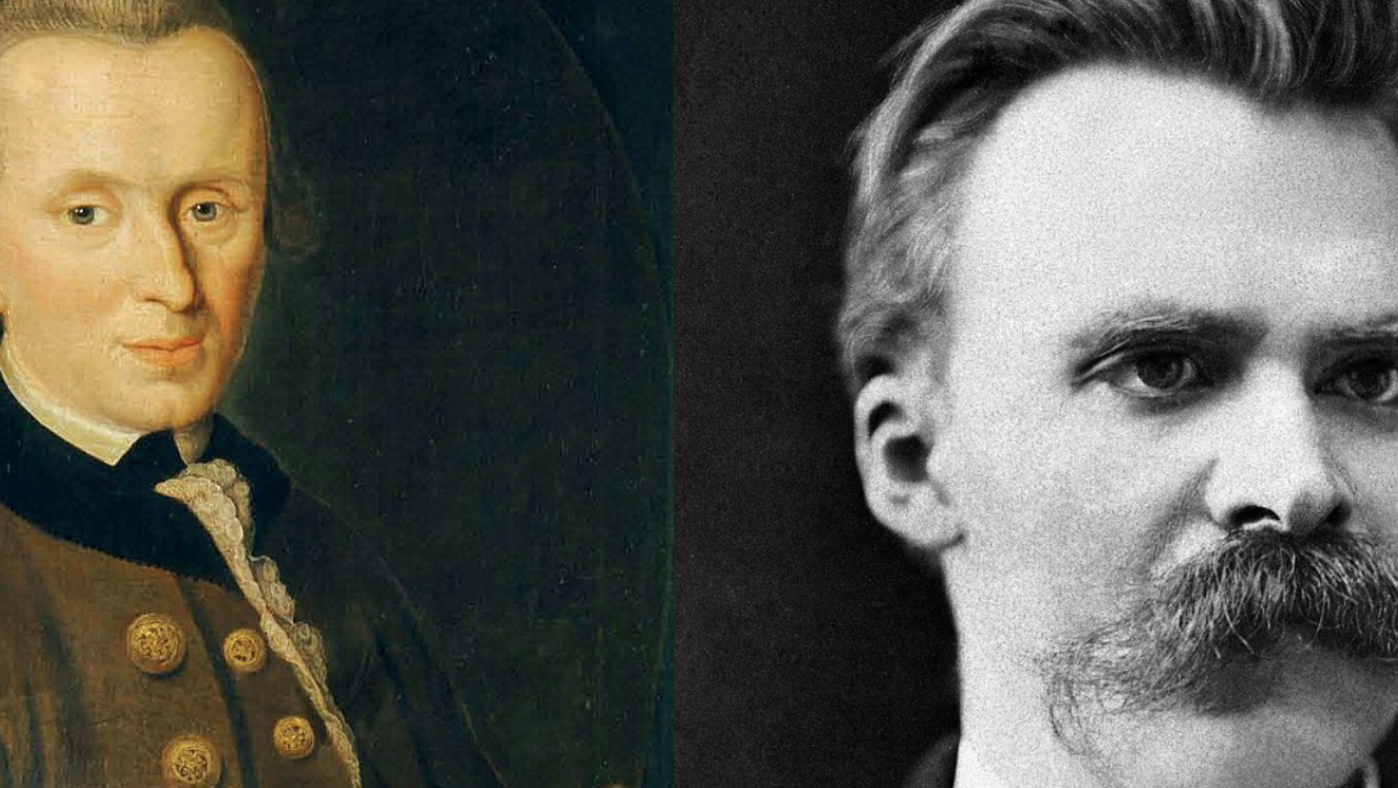Coursework Assignment: What, for Aristotle, is at the foundation of our knowledge? Critically assess his foundationalism.
Aristotle believes that we can reach an objective, universal truth once we comprehend the first principles, which lie at the foundation of our knowledge. We come to acquire the first principles through a process that begins with perception. However, one could say that our perceptional processes are not reliable, with our ultimate knowledge of the first principles relying on something fallible. I will argue that the fallibility of our senses does not challenge Aristotle’s foundationalism, as Aristotle does not take as a prerequisite that our senses are infallible. At the same time, though, if our knowledge of the first principles goes beyond our proof, it seems that another problem arises. A lot has been said about the rational intuition of nous for being able to grasp the first principles. I will, therefore, proceed to argue that the infallibility of our grasp of the first principles cannot stand, as we have different universal intuitions about the truth towards different paths. I do agree with Aristotle that there are some underlying first principles, as well as to the hierarchical process of reaching intellectual universality. However, I will object to the infallible grasping of first principles, suggesting instead that we can grasp them through coherence and dialectic. My conclusion lies between foundationalism and coherence; that is, we need foundationalism to reach universality but coherence to reach the First Principles.









